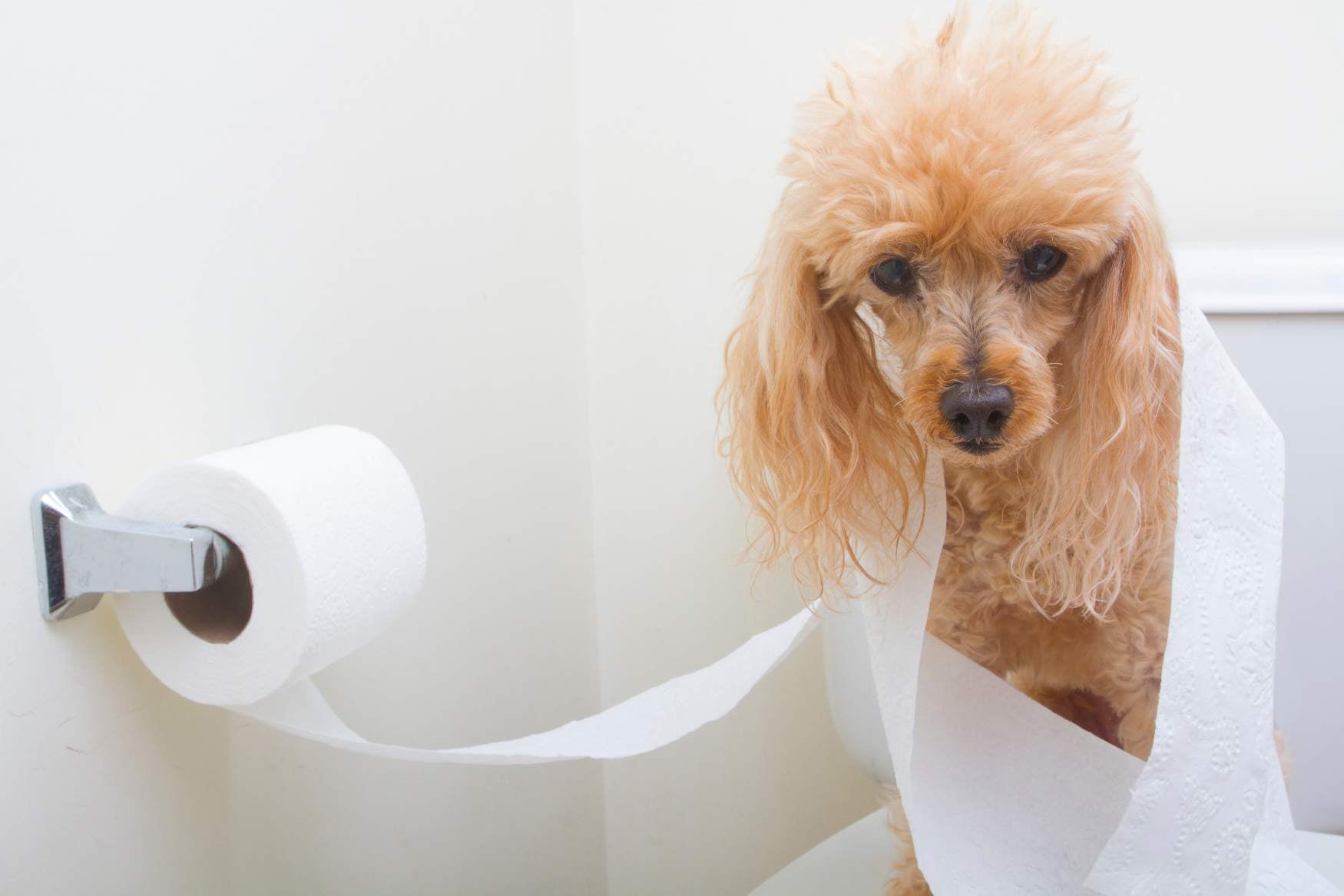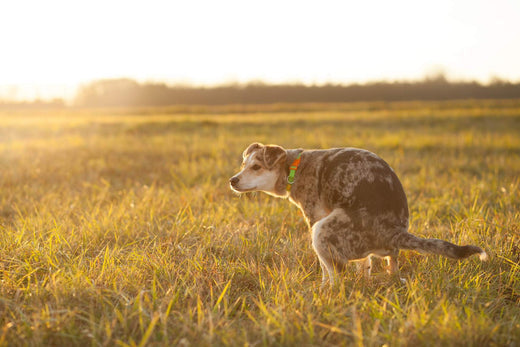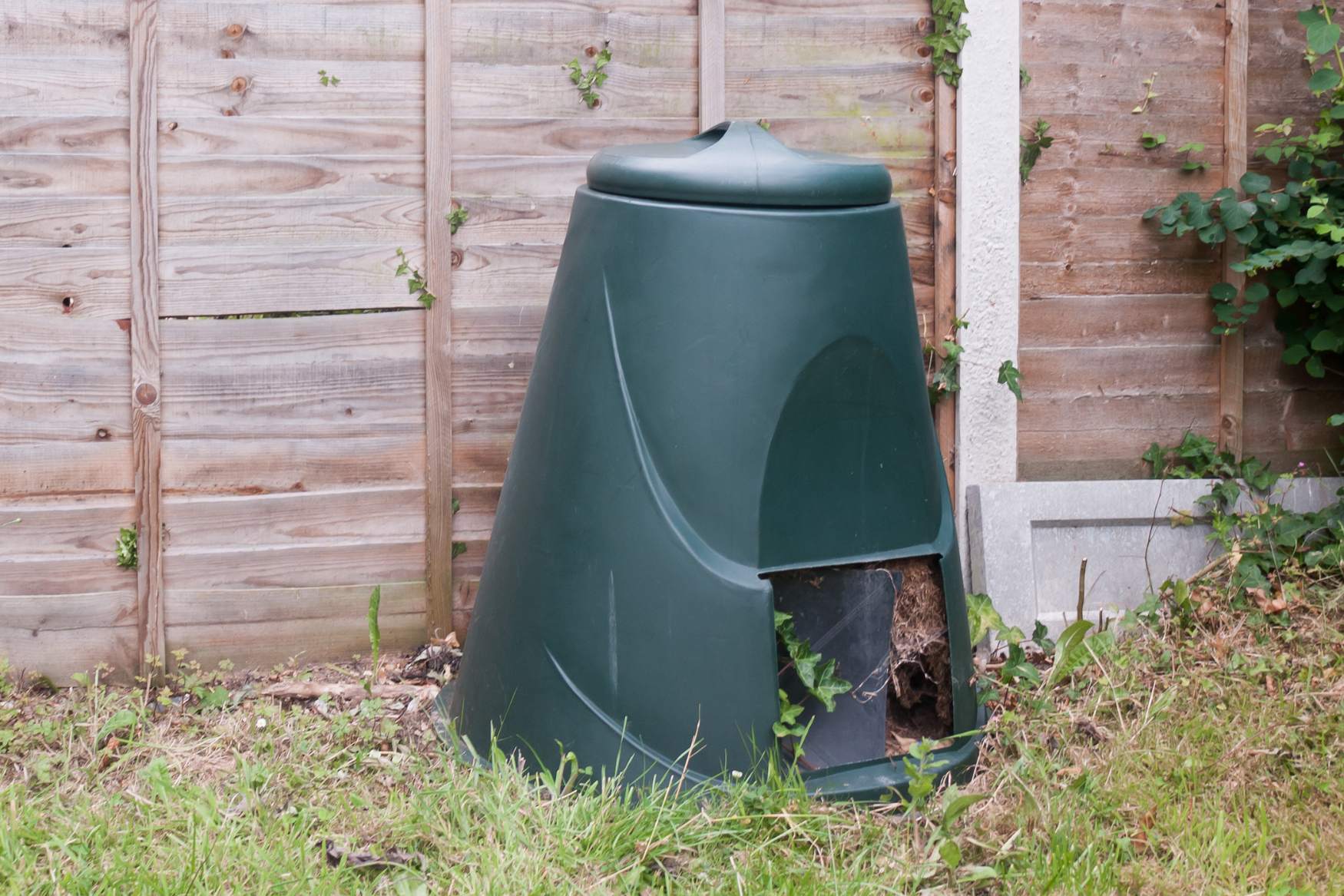Is one a better option for our planet?
Plant-based dog poo bags
By now, most dog owners would have heard of these - poo bags that are marketed as "made of plants".
It sounds good, it sounds somewhat eco-friendly... but what does the data and evidence actually show?
Turns out "plant-based" does not generally mean a good thing when it comes to poo bags.
A large portion of the poo bag is not actually made of plants
Because there are no strict definitions to what makes a "plant-based" poo bag, manufacturers get away with calling it plant-based with as little as 20% plant material used.
Even the best "plant-based" poo bags are only made up of 40% plant-material.
The bulk of the bag, 60-80% is made of polybutylene adipate terephtalate, a biodegradable plastic made of fossil fuels.
Plants can also be environmentally destructive
Corn grown for "cornstarch poo bags" are not "naturally" grown.
Intensive agricultural practices used to meet demand mean lots of forests cleared for land, huge amounts of energy, water and machinery used, along with pesticides and chemicals that pollute our planet.
Why grow plants to make poo bags when it could feed the hungry?
With world hunger a pressing problem today, there is an ethical question behind using corn or sugarcane to make poo bags, when the same resources could be used to generate food for the hungry.
Waste-based poo bags
A less familiar term in the poo bag space, "waste-based" poo bags are those made of recycled waste materials.
Are these any better for the planet?
While not a "perfect" solution, it turns out these types of poo bags are actually more helpful to our environment at the time being.
Our planet is already choking with exisiting waste
Years and years of consumerism has generated so much waste on our planet that landfills are being filled with.
It is much more sustainable to take existing waste and create poo bags out of them, rather than taking fresh resources, plant-based or not, to make them.
Poo bags end up in landfill or incineration anyway
Because the facilities do not exist to compost poo bags on a large scale, all poo bags end up in general waste.
It makes more sense to use waste materials that would already end up in general waste anyway to make poo bags that would ultimately end up in the same place.
The net effect is less waste produced overall.
Less resources demanded and no competition with human food production
Reusing waste has clear evidence-based benefits, such as cutting carbon emissions, reducing energy use and conserving scarce resources.
So, which is best?
Given the current "plant-based" poo bags available, the disposal systems, infrastructure and facilities set in place, a clear winner as of 2024 are Waste Based Dog Poo Bags.













